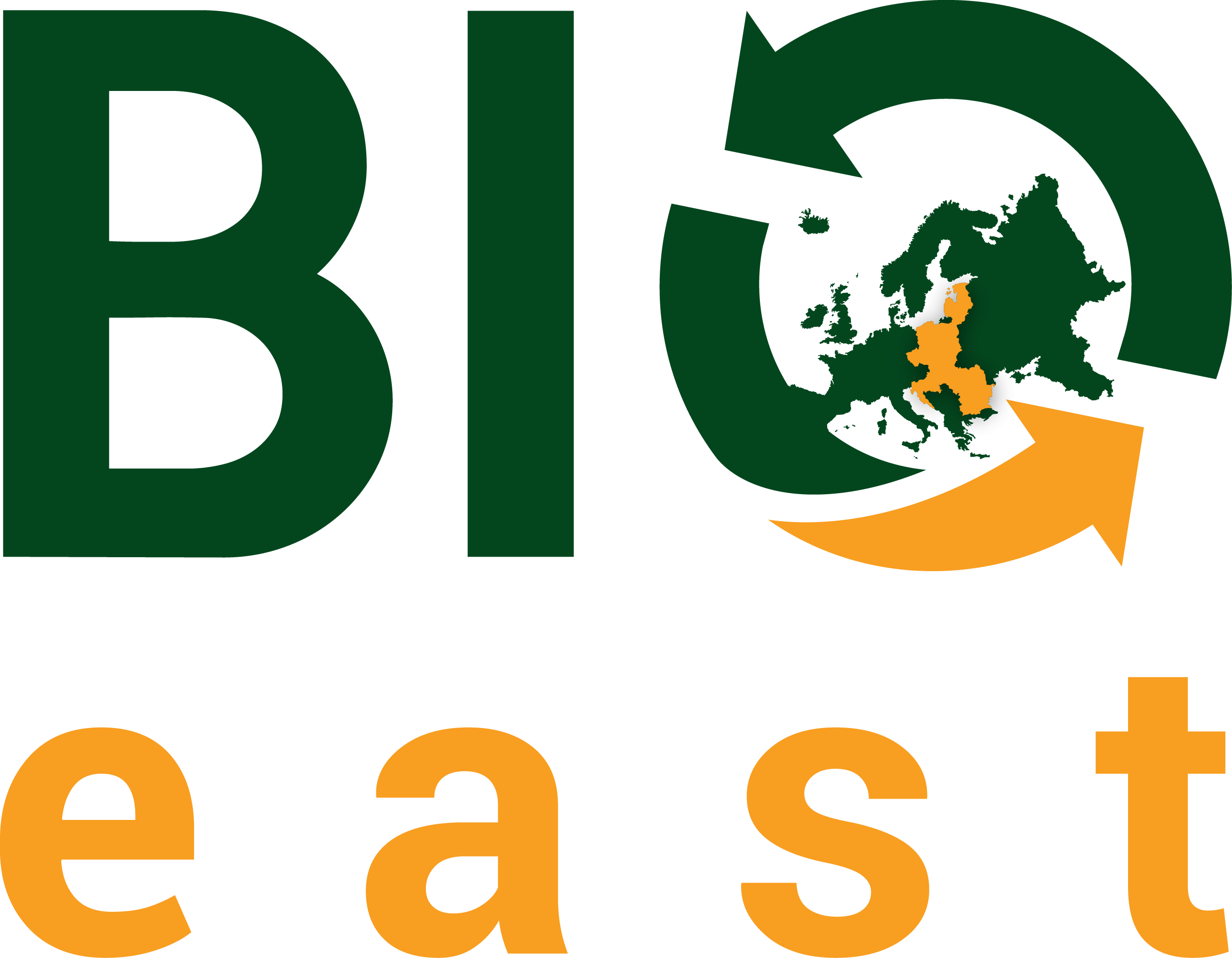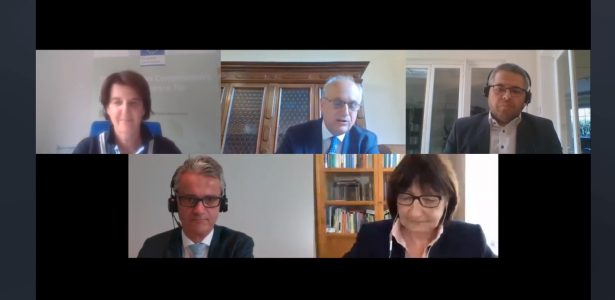Barna Kovács had the honour to participate at the EU R&I Days as panelist in the Grean Deal session on 22 September 2020. The discussion was about the role of bioeconomy in the EU post-COVID recovery of the European Union and its Member States in light of the EU Green Deal. The European Commission’s proposed recovery instrument Next Generation EU, with a strong budget of €750 billion, will support EU Member States in their efforts to recover, repair and emerge stronger from the crisis, while accelerating the green transition.
The main messages are to make use of EU instruments, some of the countries like Germany and Italy are doing plans how to use those funds for the bioeconomy deployment and structural changes in their countries, for example through including bioeconomy in the national CAP Strategic Plans. After the webinar, it became clear that bioeconomy already plays a role in national recovery plans but still more can be done. Discussion on the role of the bioeconomy in the post-COVID recovery will continue, for example under the Global Bioeconomy Summit (16-20 November 2020) and European Bioeconomy Policy Forum (November 2020).
Wolfgang Burtscher Director General of DG AGRI talked about the role of circular bioeconomy as an innovative way to support the ecosystem services, biodiversity, protecting environment and creating new business models. For this the Member States should make appropriate use of EU financial opportunities including CAP. He emphasized that the Circular Bio-based Europe partnership will be an important supporter of the development of innovative value chains in the bioeconomy in the Member States. Besides, he expressed his hope that primary producers would be actively involved and the CAP strategic plans will reflect the national plans on biomass valorization.
Fabio Fava presented the implementation of Italian recovery plan which was developed among others based on the Italian national bioeconomy strategy. He addressed that the Italian recovery strategy identified 4 major industrial actions (flagships) and consequently 10 projects ready to be implemented in various regions: (1) composting industries; (2) green chemistry; (3) farmer cooperatives – wine and meat processing, to work together for valorization of by- products; (4) fishery industry, including ocean cleaning, recovering plastics and waste.
Christine Lang indicated that the new German Presidency gives good opportunity to put bioeconomy in focus, which further strengthens that Global Bioeconomy Summit will take place in November in Germany – which will bring together politicianss, scientists, industry from all over the world. The country is commited, they invest more than 3 bn into the German bioeconomy from public funds. Morover the industry is ready to invest in the bioeconomy Seedling, but we need a more long-term commitment to make a sustainable economy work.
Barna Kovacs on behalf of the BIOEAST Initiave presented that position paper was issued on the unique opportunity bioeconomy and green investments offer for structural recovery. He highligthed that a Policy Support Facility tool is a unique opportunity for CEE countries to further strengthen the bioeconomy in the policy making process. There are advances, inter-ministerial discussion started in all BIOEAST countries, but still lot to improve. Investing into bioeconomy would mean investing into the future, could be the bridge between European self-sufficiency and sustainable development.
Elisabetta Balzi, Head of Unit in the Joint Research Center presented the EU contribution to the recovery. She emphasized that 37% of instrument of EU Next Generation will be spent on Green Deal, and the green transition – local aspects are key. She confirmed that Policy Support Facility will be established to support national bioeconomy strategies, with focus on CEE countries and raised attention to the initiative called National Bioeconomy Forum, which in November will gather representatives engaged into the national level strategy developments.

